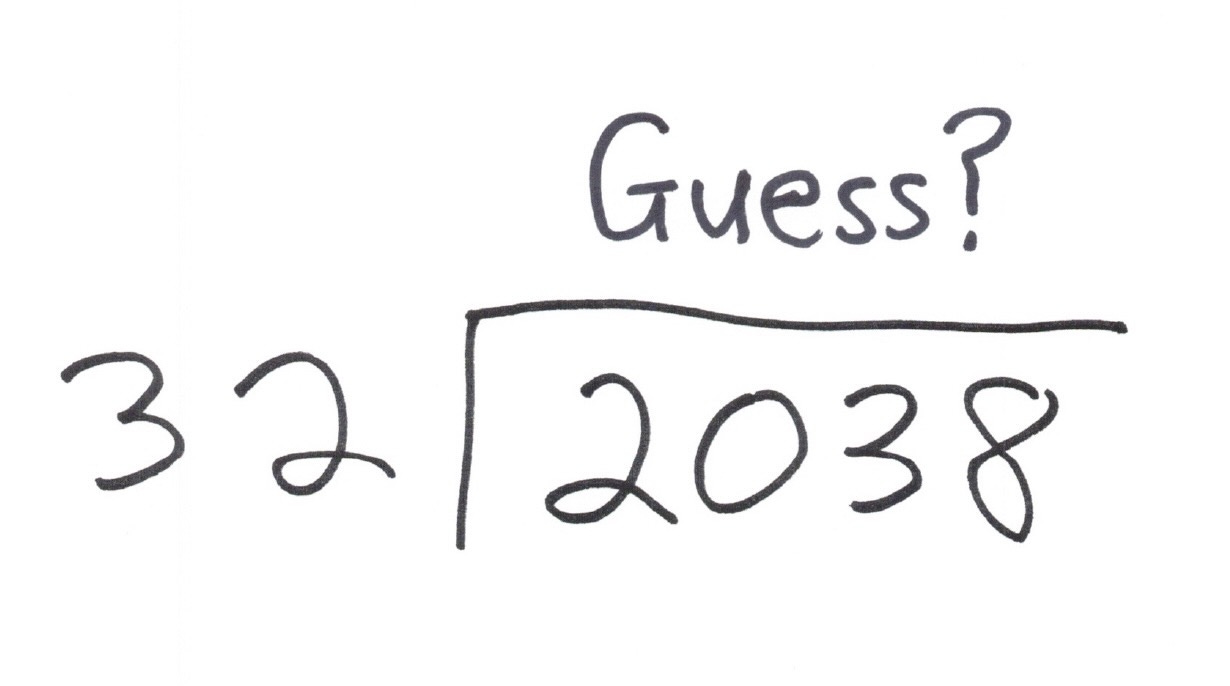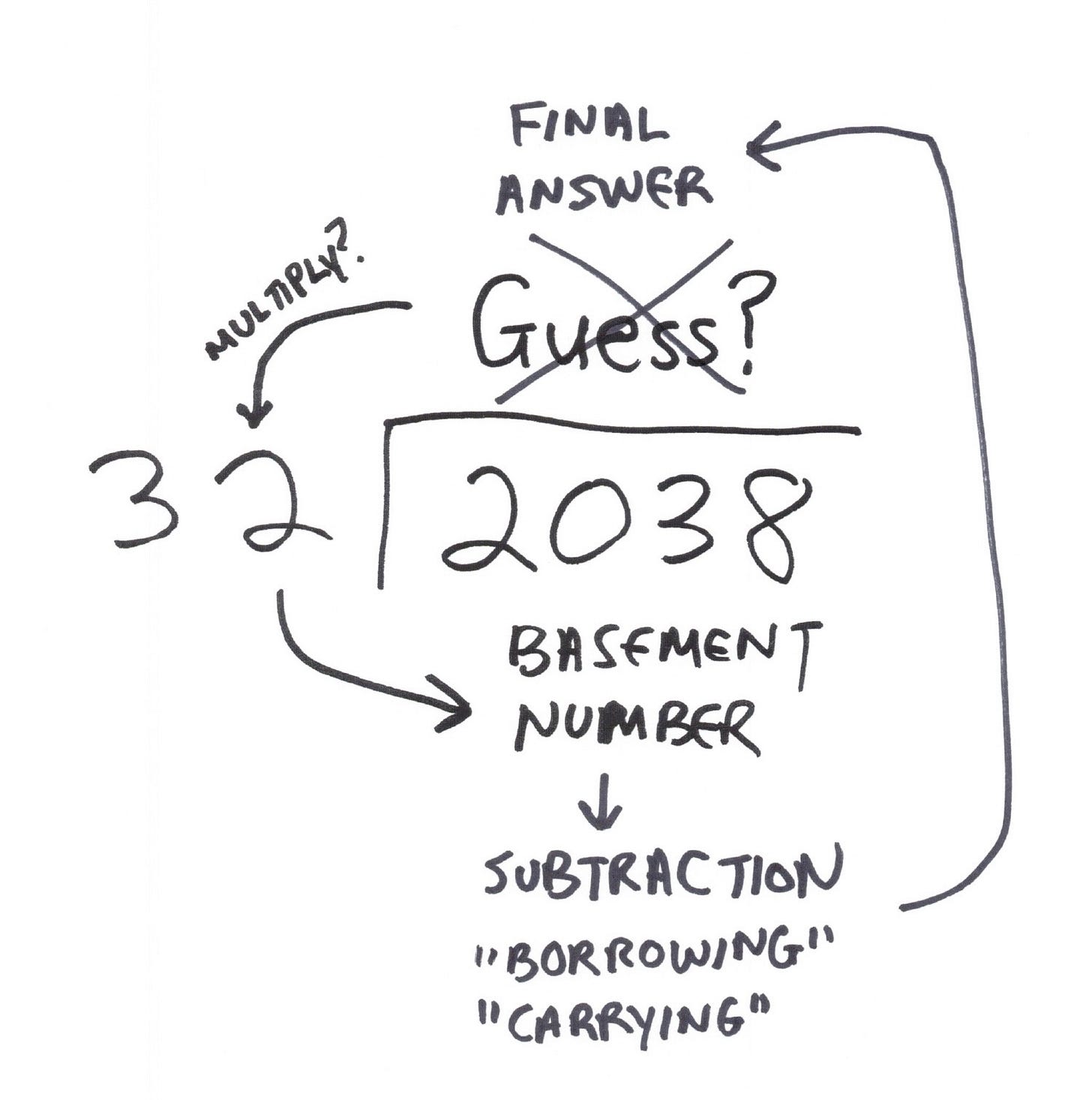Stupidification
It's getting worser.
Are we getting stupider?
That is an important question, and the best way to answer it is to use very small words: Yes, we are. (Getting stupider.)
This is not merely my opinion. This is the gist of several recent articles on the internet that I personally have read parts of. According to these articles, tests show that humans today are struggling with basic cognitive functions such as concentrating, processing information and figuring out which end of a baseball cap is supposed to point forward.
For the record, I added that last cognitive function myself. I think that we, as a society, need to recognize that we missed a clear warning sign on the declining-intelligence front when young men who were not baseball catchers with masks on started wearing their baseball caps backward. We could have nipped that trend in the bud. We could have created informational posters like the one below and posted them prominently in places frequented by men, such as men's rooms and Corvette dealerships.
But we failed, as a society, to take that simple step. And now it's too late. The toothpaste is out of the tube, and there's no point in locking the barn door over spilt milk. Today it's totally acceptable, even fashionable, for young men to wear their hats in a stupid manner, as evidenced by the stock photo below from Getty Images:
The Getty website description for this photo is "Father with football talking with sons (10-12) in park." Presumably we're supposed to imagine that the father is saying something fatherly like: "OK boys, we're going to run the 'hook-and-ladder' play." But what he SHOULD be saying is, "Both of you little morons are wearing your hats backward." To which the boys — kids these days — would reply: "Well you're not our real father. You're a model, and you're getting hair mousse on the football."
Also, it needs to be said: The "hook-and-ladder" play never works.
But we're drifting away from our topic, which is that humanity is getting stupider. Why is this happening? University researchers studying human cognition believe they have found the answer. Unfortunately they can't remember what it is.
No, that's a joke based on the premise that even our university researchers are getting stupider. Which they probably are. The reason, of course, is: technology. We rely on technology to carry out tasks for us that we once performed with our own brains, such as calculating tips, checking spelling, writing college papers, filing legal briefs, forming opinions and selecting life partners. We hardly use our brains at all any more except for basic bodily functions such as burping, the result being that they have shriveled up like dried prunes.
And I'm not just talking about young people. If you, like me, are a member of my generation, you may believe that, because you grew up in an era before computers and calculators and smartphones, you're still as intelligent as ever. If so, I have two words for you: "long division."
In 1957, when I was in fifth grade and Dwight Eisenhower was president, I was able, using only a pencil and paper and my brain, to answer a question such as "What is 2,038 divided by 32?" Today, using exactly the same brain, I cannot do this. Oh, I have a vague idea how to get started: You draw a little house, and you put the big number inside the house, and the little number at the front door.
But then it gets tricky. I believe you start by taking a wild stab at how many times you think the front-door number might go into the house number, and you put your guess on the roof.
Then – I think — you multiply your guess times the front-door number to get a new number, which goes in the basement.
At this stage I am lost. I believe you have to subtract the basement number, which can involve both "carrying" and "borrowing." You might have to subtract more than once, but eventually somehow you get a final answer, which goes up on the roof and replaces the guess number.
That — and I am not exaggerating — is all I remember about long division. Clearly I am less intelligent than my fifth-grade self; today I could not solve this problem without a calculator. (If you're my age and you claim you could solve it, my hat is off to you, although we both know you're lying.)
Another thing I am no longer able to do is drive to any destination outside of my immediate garage without using GPS. I realize that GPS is another technological crutch that is contributing to my ongoing stupidification, but I'm still grateful for it, because now I never have to ask anybody for directions. I like this for two reasons:
1. I'm a male, and males do not like asking for directions. This attribute is deeply rooted in the male biological makeup, which is why 100 million sperm cells can swim around in a fallopian tube for hours and somehow fail to locate a female egg that is, relative to them, the size of Grand Central Station.
2. People are terrible at giving directions. I don't know why this is, but it's true. Let's say a person is trying to tell you to continue straight for four miles, then turn left on Johnson Street. That's 11 words. Here's how a typical person will convey this information: "OK, this street that you're on is Bleemer Street. You're gonna stay on this until you come to a light, usually it's a stoplight but sometimes it's a blinking light, and that's Cornerstone Street on the right, or maybe it's Corningstone, but on the left it's Wooten Street, so it's like two different names for the cross street. So you continue through that. Then you're gonna come to, I think it's Grover Street, and right past that is a strip mall, there's a big sign with a cow on it, that's for the Krazy Kow barbecue, like cow but with a "k," that'll be on your left, and on the right is, I think it's a Dunkin' Donuts, which used to be a 7-11. So you go past that, and then..."
And so on for many, many more words. People giving directions tend to produce these elaborate travelogues filled with dozens of details that you will desperately try to retain in your short-term memory as you proceed on your journey ("Did he say it WAS a 7-11, or it's a 7-11 NOW?"). Inevitably you will forget something, and that thing will almost certainly be "Johnson Street."
So I'm grateful for GPS, despite the fact that it's making me stupider. Although I do have one fond memory that involves asking a person for directions. It has nothing to do with the topic of human intelligence, but I'm going to tell you about it anyway because here on Substack we don't have editors.
One evening in 1968, when I was a long-haired pot-smoking hippie college student, I got very lost while driving in Camden, New Jersey. So I reluctantly pulled my 1956 Volkswagen Beetle into a gas station. I got out and went into the service bay, where a mechanic was working on a car. I was nervous about approaching him, because in 1968 a lot of people, especially older men, hated hippies, and he was a Central Casting mechanic, a gray-haired crewcut guy in his 50s wearing oil-stained coveralls.
But I was really lost. When I told him where I was trying to go, he gave me clear, simple directions. And then — I swear this happened — he put his hands on my shoulders, looked me in eyes, and, in a dead-serious voice, said: "We can't get a whole platoon through. But one man, under the cover of darkness, just might be able to make it. Good luck, son." He did not smile or break character. He simply turned back to the car he was working on, and I went back out into the Camden night, a man on a mission.
I still think about that guy. If by any chance he's reading this — which I admit is unlikely, since he'd be like 110 years old — I want to say to him: Thank you, sir, for providing what was for me one of the brighter moments of 1968 (an otherwise pretty crappy year) and for reminding me that stereotyping people is stupid.
Speaking of stupid: This concludes my report on the human-intelligence crisis. It's time now for you paying subscribers, who needless to say are WAY above the national IQ average, to express your views in the comments section and in these two scientific polls:








I can still do long division, and - get this - I enjoy checking my answer with the calculator. That’s how sick I am.
In the paragraph on people giving directions, you missed the well-known “Turn left where the church used to be”.
The geezerification trend of this column continues...
Next column: "Are too many young Americans standing on my lawn"? (The answer may surprise you. It's yes.)